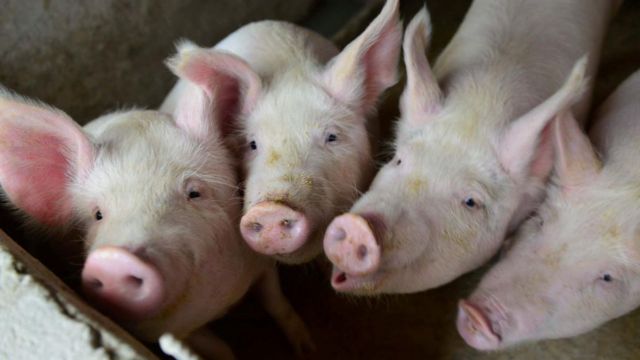Scientists at the University of Alabama have successfully performed an operation to replace both of a human’s kidneys with genetically modified pig organs. The text translates as:
“They transplanted pig kidneys into a patient who had previously been diagnosed as brain dead, with the permission of his family.”
For the first time in the history of medicine, donor organs were not only not rejected, but began to function properly – producing urine that cleansed the new owner’s body of toxic waste products. A detailed description of the unique surgery has been peer-reviewed and published this week in JAMA Surgery.
Although this case is currently isolated, it gives hope to tens of thousands of patients suffering from chronic kidney disease and in need of a transplant. Worldwide, the demand for donor organs far exceeds the supply. Statistics show that in the United States, two out of five patients waiting for a transplant die within five years of diagnosis without ever receiving a suitable donor organ.

Strictly speaking, this is not the first successful human kidney transplant from a pig. There have been two similar attempts in recent years, as reported by the BBC. To prevent the patient’s body from rejecting the donor organ after the operation, porcine kidneys are specifically cultured and “humanized” for transplantation using the method of genetic adaptation. In the DNA chain, the scientists find and “deactivate” four exclusively pig genes (GTKO, CMAH, B4GALNT2, GHR), then they add six human genes (CD46, CD55, CD47, THBD, PROCR, HMOX1). This time, however, the doctors were able to ensure that the donor organ worked perfectly and performed all its functions, the most important of which was to filter the blood and cleanse the body of harmful metabolic waste products (mainly creatinine).

